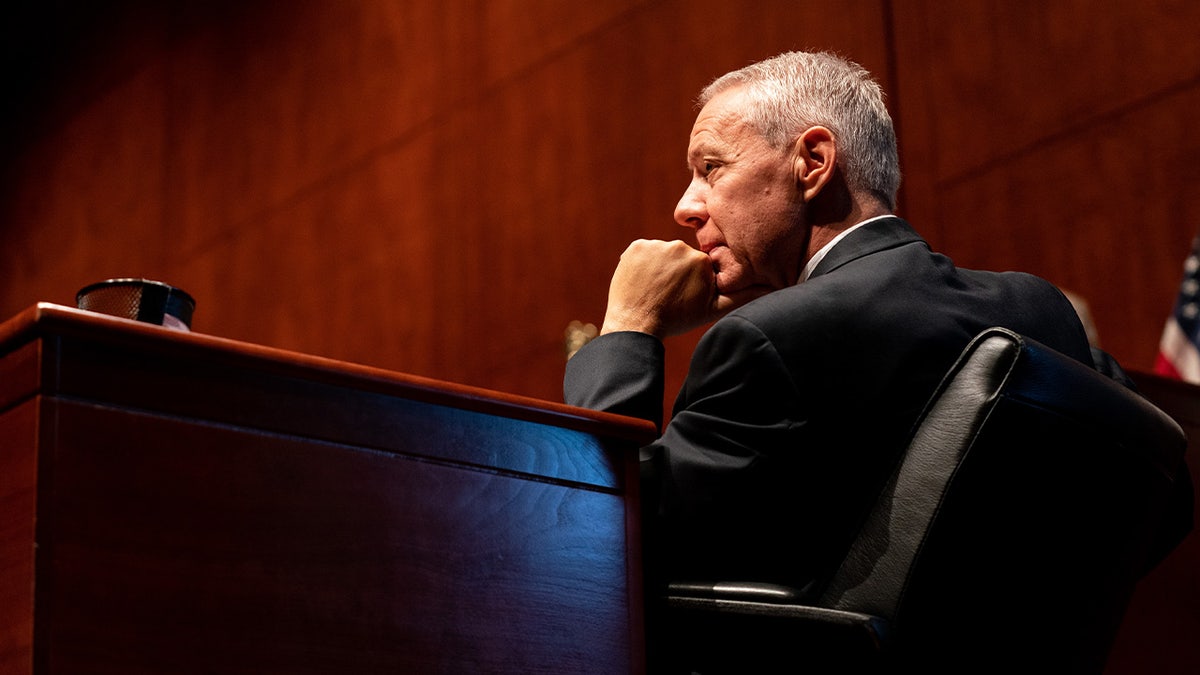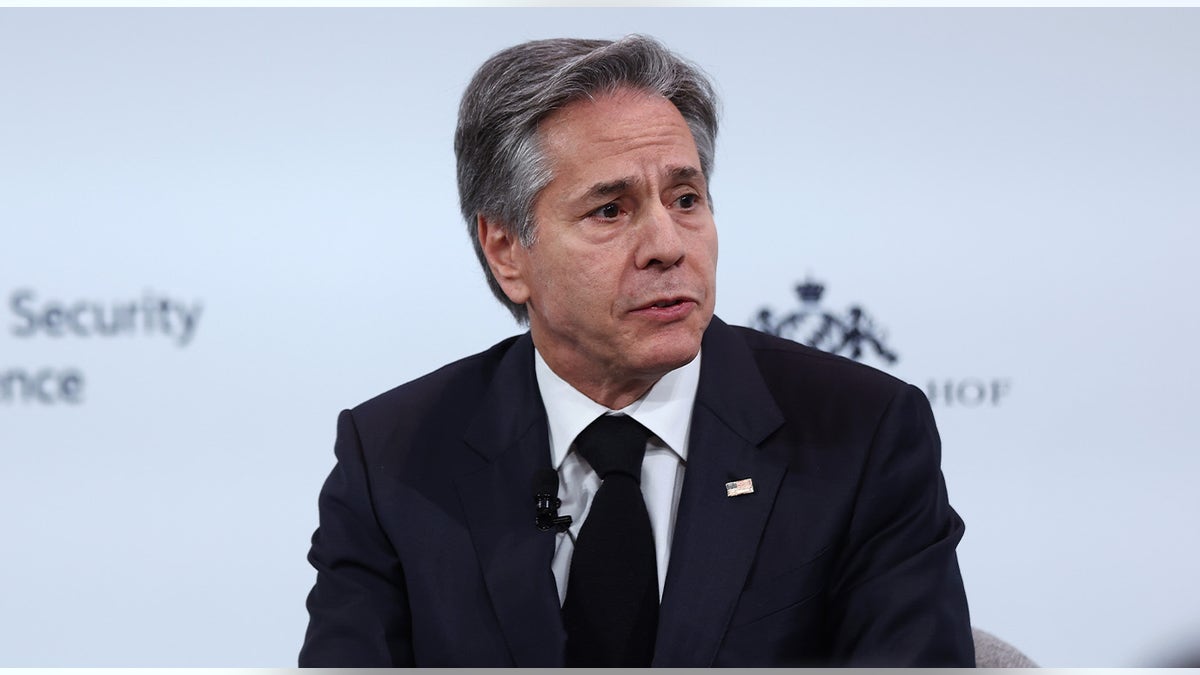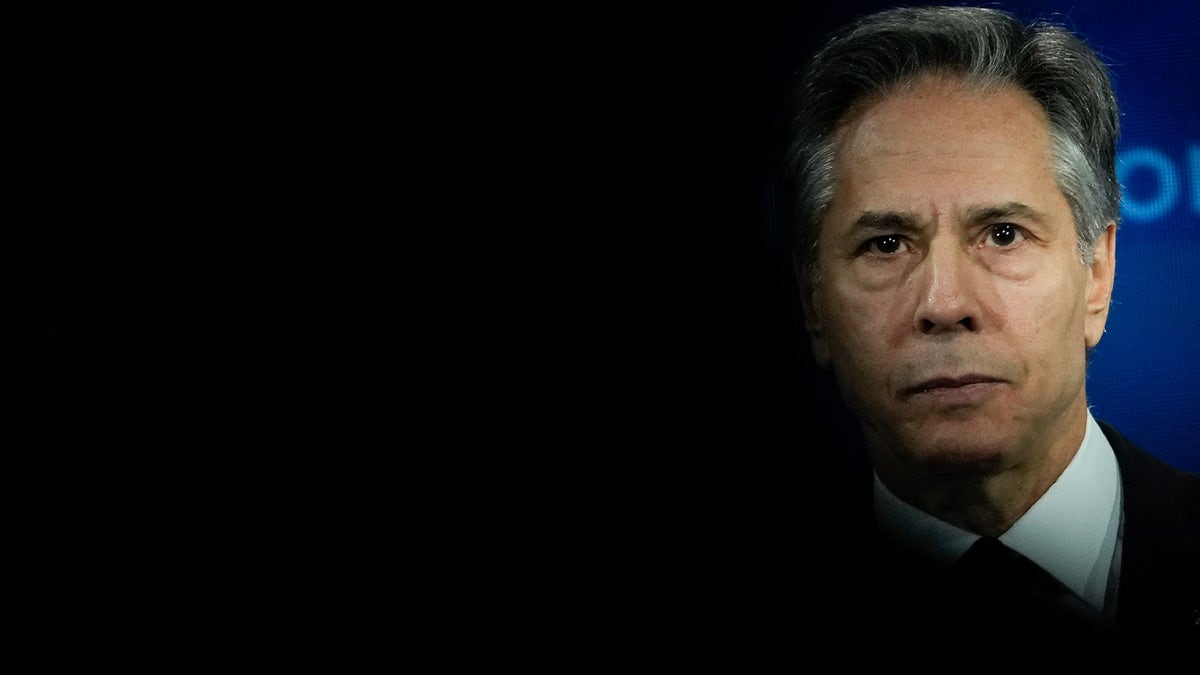Social media consequences are 'stunning, harmful': Rep. Ken Buck
Rep. Ken Buck, R-Colo., joins 'Sunday Night in America' to weigh in on multiple lawsuits facing YouTube, Snapchat, Instagram and Facebook.
Rep. Ken Buck, R-Colo., is demanding answers about the alleged use of State Department funding for the Global Disinformation Index (GDI) in Great Britain and "other organizations that seek to censor the free flow of information," and conservative news outlets in particular.
In a letter exclusively obtained by Fox News Digital, Buck told Secretary of State Antony Blinken that "taxpayers employ the State Department and all its officials to promote their interests and protect the Constitution."
"Paying foreign (and domestic) entities to perform what is essentially censorship is troubling on two fronts: it wastes taxpayer funds and undermines constitutional protections for freedom of speech," Buck wrote.
"The Global Disinformation Index… is a British-based organization that purports to provide a ‘neutral, independent, transparent index of a website’s risk of disinforming readers,’" Buck wrote.

Representative Ken Buck, a Republican from Colorado. (Photographer: Anna Moneymaker/The New York Times/Bloomberg via Getty Images)
"This organization has received hundreds of thousands of dollars from the U.S. taxpayer-funded National Endowment for Democracy and the State Department’s Global Engagement Center (GEC)," he said.
Those numbers are roughly $545,000 from the National Endowment for Democracy and $100,000 from the GEC.
According to Buck, "the GDI has used this funding to create a list of news organizations for advertisers and business interests to abstain from doing business with in an attempt to limit these organizations’ participation in the marketplace of ideas."

U.S. Secretary of State Antony Blinken speaks at the 2023 Munich Security Conference on Feb. 18, 2023 in Munich. (Photo by Johannes Simon/Getty Images)
"Recent reporting suggests that GDI listed several prominent right-leaning news organizations on their ‘blacklist,’ which was sent to advertising firms around the globe," Buck noted.
According to GDI’s report, "Disinformation Risk Assessment: The Online News Market in the United States," produced in December 2022, the New York Post, the Federalist, RealClearPolitics, American Spectator, Newsmax, the American Conservative, One America News, the Blaze, the Daily Waire and Reason were all listed in the GDI’s "highest levels" of disinformation category.
Conversely, GDI ranked ProPublica, the Associated Press, Insider, the New York Times, USA Today, the Washington Post, Buzzfeed News, HuffPost, and others in their "least risky" category according to the report.
Buck wrote that the "Twitter Files," which unearthed censorship practices at Twitter involving the Hunter Biden laptop stories and other subjects, also revealed evidence that the GEC tried to censor "ordinary Americans" on Twitter instead of bots.
"Reports of taxpayer funding for censorship are troubling but unfortunately, no longer isolated," Buck said.

U.S. Secretary of State Antony Blinken speaks at the 2023 Munich Security Conference on Feb. 18, 2023 in Munich. (Photo by Johannes Simon/Getty Images)
"According to recent revelations from the Twitter files investigative series, the evidence suggests the GEC contracted with the Atlantic Council’s Digital Forensic Research Lab (DFRLab) to provide expertise on combating online disinformation but instead received lists of ordinary Americans to silence on Twitter," he said. "These lists of American citizens marked for censorship bore no resemblance to the paid foreign bots that DFRLab promised to expose."
CLICK HERE TO GET THE FOX NEWS APP
Buck asked Blinken how many entities is the State Department currently funding "that implicate the free speech rights of American citizens," for the total amount of taxpayer funds that have been sent to third-party organizations that implicate free speech rights, and if the State Department has sought or received information on the methodology the GDI and DFRLab used to determine which organizations and individuals to place on their lists.












































